All Stories
-
 Health & Medicine
Health & MedicineStudy puts numbers to post-baby sleepiness
Many moms aren’t getting good sleep months after giving birth, reports a new study and every mother ever.
-
 Animals
AnimalsOlinguito’s bio built by crowd-sourcing
Crowd-sourcing fleshes out the bio of little-known raccoon relative, the olinguito.
By Susan Milius -
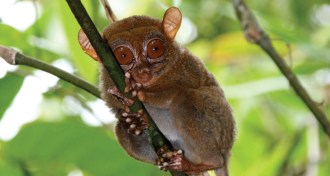 Animals
AnimalsNew subspecies of Philippine tarsier discovered
Genetic tests settle a taxonomic debate surrounding Philippine tarsier, one of the world’s smallest primates.
By Nsikan Akpan -
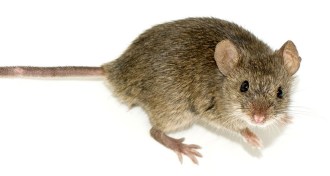 Health & Medicine
Health & MedicineTaking lab mice back to their roots
Lab mice are incredibly useful for biomedical research. But they are also incredibly inbred. A new study shows that bringing wild mouse traits back could help uncover new links between genes and behavior.
-
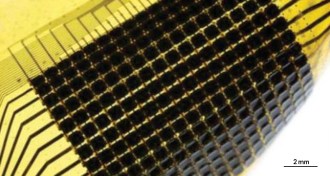 Materials Science
Materials ScienceNature-inspired camouflage changes its looks with light
Thin, flexible new material steals the color-shifting capabilities of cephalopod skin.
By Beth Mole -
 Health & Medicine
Health & MedicineEvidence-based medicine actually isn’t
Demands for evidence-based medicine confront the contradiction that much of the evidence is worthless or skewed.
-
 Health & Medicine
Health & MedicineHPV vaccine protection lasts at least eight years
Immunization shields children from human papillomavirus infection for nearly a decade.
-
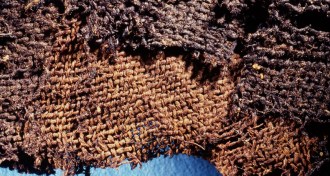 Anthropology
AnthropologyOrigins of Egyptian mummy making may predate pyramids
Preservative mixture for mummy wrapping found on linens that covered the dead as early as 6,300 years ago.
By Bruce Bower -
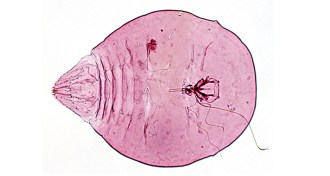 Agriculture
AgricultureKiller bug behind coconut plague identified
A pest has devastated coconuts in the Philippines, and scientists now realize the perp is not the bug they thought was causing the damage.
By Nsikan Akpan -
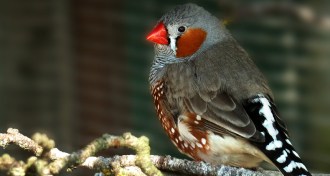 Animals
AnimalsZebra finches go mad with mercury, and other animal updates
Mercury exposure makes zebra finches bold and hyperactive, and additional research from the 2014 Animal Behavior Society Meeting.
-
 Environment
EnvironmentFetuses may be exposed to antimicrobial compounds
Health risks remain uncertain as scientists find common soap chemicals in pregnant women and cord blood.
By Beth Mole -
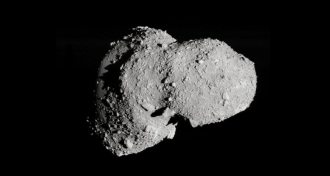 Planetary Science
Planetary ScienceTo explain asteroid composition, scientists invoke nuts
Brazil nut effect may explain why only large boulders dot surfaces of asteroids.